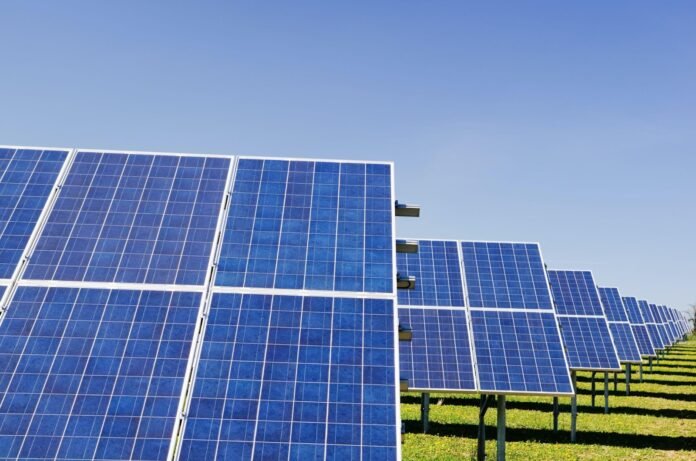When Should You Upgrade Your Solar Panels?
The solar energy trend is no longer new, and this means that some people will have had solar panels on their properties for many years. While some initially described solar as a fad, it’s clear that solar energy is the way of the future. With this in mind, technology has evolved dramatically over the years. When should you upgrade your solar panels? Should you wait for their condition to deteriorate or should you upgrade to newer panels now?
The first factor to consider is the age of your current solar panel system. If you installed your solar panels more than 10 years ago, it’s probably time to upgrade them. Solar panels become less efficient as they age and newer technology is much better at capturing energy from the sun. You will also benefit from having up-to-date safety features that come with newer solar panel systems, such as automatic shut-off during bad weather or power outages.
The second factor to consider is the type of solar panels you currently have installed. Monocrystalline and polycrystalline solar panels are both available and both types offer different levels of efficiency. Newer technologies such as Amorphous Thin Film Solar Cells, CIGS Solar Cells, or Perovskite Solar Panels provide superior efficiency than their predecessors. If your current system is more than 10 years old, you should consider upgrading to a newer technology that may give you better savings and performance.
For Australian homeowners who are interested in making the switch to solar power but don’t want to purchase an entirely new system, there are retrofit options available. You can upgrade just the solar panels on your existing system and enjoy improved efficiency without having to replace the entire setup. It is important to remember, however, that if you are upgrading your system with newer technology such as thin film or CIGS solar cells, your system components may need to be upgraded as well for them to work correctly with the new panels.
When it comes to upgrading your existing solar system, you should consider the following factors:
- Your current system’s age and condition.
- The benefit of replacing existing panels with newer and more efficient options.
- Whether your current system components are compatible with the new solar panels.
- The cost of the upgrade versus the savings and improvements it will bring.
Professional Solar Panel Upgrades
So, how does one go about upgrading their existing solar system? The best way is to hire a professional installer with experience in replacing solar panels. Not only will they be able to determine whether your existing system components are compatible with the new panels, they will also be able to provide you with a comprehensive estimate of the cost of the upgrade, as well as an estimated return on investment for the upgraded system.
When considering a solar panel upgrade, it’s important to understand your current energy needs and how much you’re currently spending on electricity. This will give you an idea of the overall cost-benefit of investing in the upgrade. It’s also important to research the various types of solar panels available, as well as their efficiency ratings. If there’s a significant difference between your panels and new products, it might be worth exploring your options now!
Also Read About:Dubai’s One-Bed Wonders: Find Your Ideal Apartment Today

